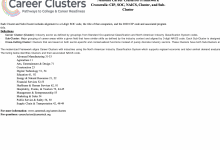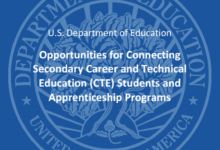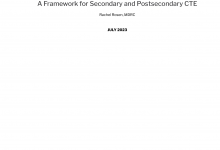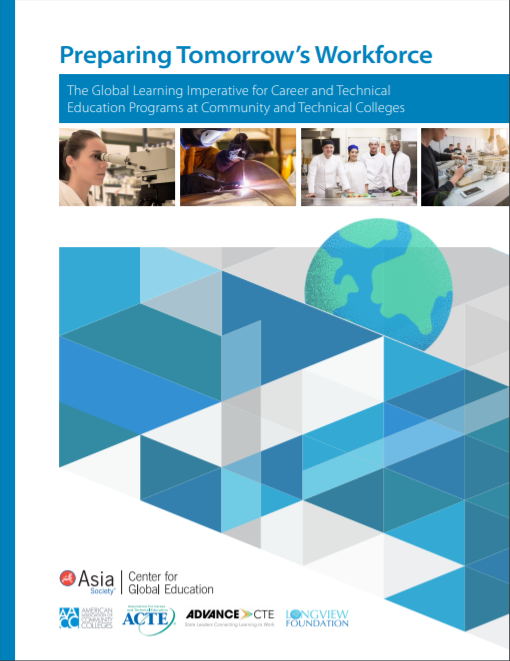Learners today are no longer preparing solely for careers in their communities, states or even country, but rather within the global economy. At the same time, when individuals enter the workforce, they increasingly are called upon to engage with a diverse set of colleagues, work with international supply chains, hold multiple perspectives and develop products and services for a more diverse and culturally conscious group of consumers.
Within this context, it is clear there is a greater need to ensure all learners are entering the workforce global competent and prepared for the ever-changing world. Yet global competency is not often an explicit focus of Career Technical Education (CTE) programs. This report from Advance CTE, Asia Society, Longview Foundation, American Association of Community Colleges (AACC) and the Association of Career & Technical Education (ACTE) builds on the foundation from a paper released in 2015, which focused on how global competency can and should be integrated into secondary CTE programs of study, and explores the role postsecondary institutions can play in advancing global competency.
Drawing on examples from institutions in Texas, North Carolina and Indiana, this paper provides data and evidence on why and how community and technical colleges can lean in on “internationalizing” their programs and embed global competency in curriculum and instruction.







